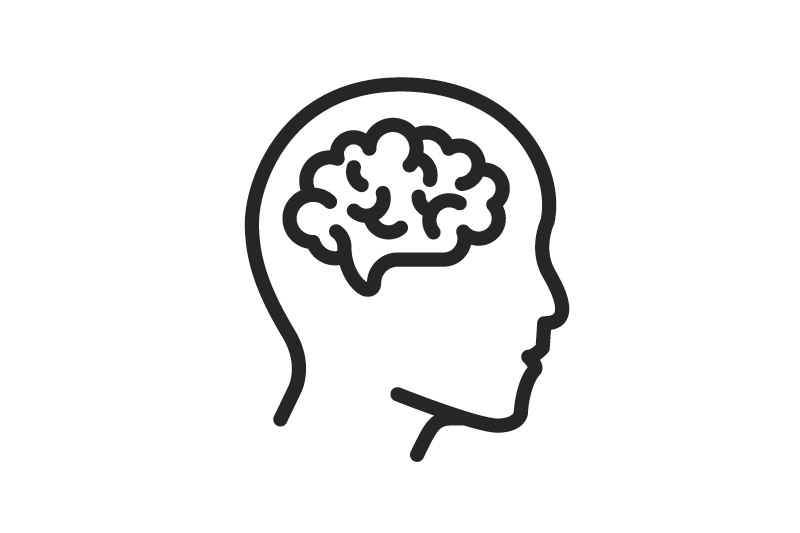
Dr. Minga, a dedicated researcher at the intersection of Neurology, Head and Neck Surgery, and Communication Sciences departments, focuses her work on understanding linguistic apragmatism, a communication impairment that impairs the ability to use contextually appropriate language after a right hemisphere stroke.
Dr. Jamila Minga PhD, CCC-SLP, not only conducts groundbreaking research but also provides speech-language therapy services to adults with communication disorders. Her motivation to delve into this area of study stemmed from observing that most resources were directed toward addressing impairments after a left hemisphere stroke, leading survivors of right hemisphere stroke to receive inadequate treatment for their communication difficulties – despite facing significant challenges in social exchanges.
Apragmatic language use deficits after a right hemisphere stroke extend beyond the mere production and comprehension of speech and language to contextually appropriate communication. Driven by this focus, Dr. Minga recognizes the inherent relationship between cultural-linguistics and her work. This calibrated understanding of pragmatic language through a cultural lens is crucial for facilitating effective communication and building meaningful connections, and she believes that overlooking the cultural basis and learned nature of pragmatic language use following right hemisphere stroke would be an injustice to the survivors and their families.
Dr. Minga emphasizes the importance of understanding pragmatic language use for successful relationships and therapeutic interventions, both in everyday interactions and those directly related to patient care, such as conversations with physicians and other medical providers. Apragmatism is most evident during discourse production. Dr. Minga co-developed the RHDBank, a national shared database for the study of language use. So far, she has identified question-asking as a pragmatic area of impairment that has the potential to be quantified and subsequently used to diagnose communication impairments after RH stroke. Dr Minga is currently working to examine more language use characteristics to develop a diagnostic measure.
In her efforts to raise awareness about right hemisphere damage (RHD) and its profound impact on survivors and their loved ones, Dr. Minga collaborated with Michael Pearce, a media specialist at North Carolina Central University (NCCU), to develop a concise documentary. Through this project, she aimed to document the experiences of survivors and their loved ones, shedding light on the realities of living with RHD.
Today, Dr. Minga’s patient education and awareness efforts extend to stroke support groups and caregivers where she shares with survivors the deficit profile after a right hemisphere stroke and distinguishes it from a left hemisphere stroke. At one of these events she met Dr. Linda Fetko, former obstetrician gynecologist at Duke University School of Medicine, who survived a right hemisphere stroke. After Dr. Minga’s presentation, Dr. Fetko expressed that “no one has ever explained right hemisphere deficits in this way” and she volunteered to participate in one of Dr. Minga’s research studies. This meeting was the start of an ongoing relationship that lead to Dr. Fetko’s recent leadership gift to the Right Hemisphere Stroke Research and Education Fund in recognition of the unique educational and research needs for right hemisphere stroke. This newly-created fund will support ancillary expenses to enhance general awareness and research progression concerning right hemisphere stroke rehabilitation.
Dr. Minga hopes to make her documentary more broadly available by sharing it through PBS for general broadcasting and has been screening the film at multiple film festival, including the Longleaf and North Carolina Film festivals.
Learn more about Dr. Minga's research: https://headnecksurgery.duke.edu/divisions/communication-sciences/research/research-laboratories/minga-right-hemisphere
Support the Right Hemisphere Stroke Research & Education Fund: https://www.gifts.duke.edu/dukehealth?designation=391000517
Participate in a study: https://redcap.duke.edu/redcap/surveys/?s=48DCTPF93H9TXRW4